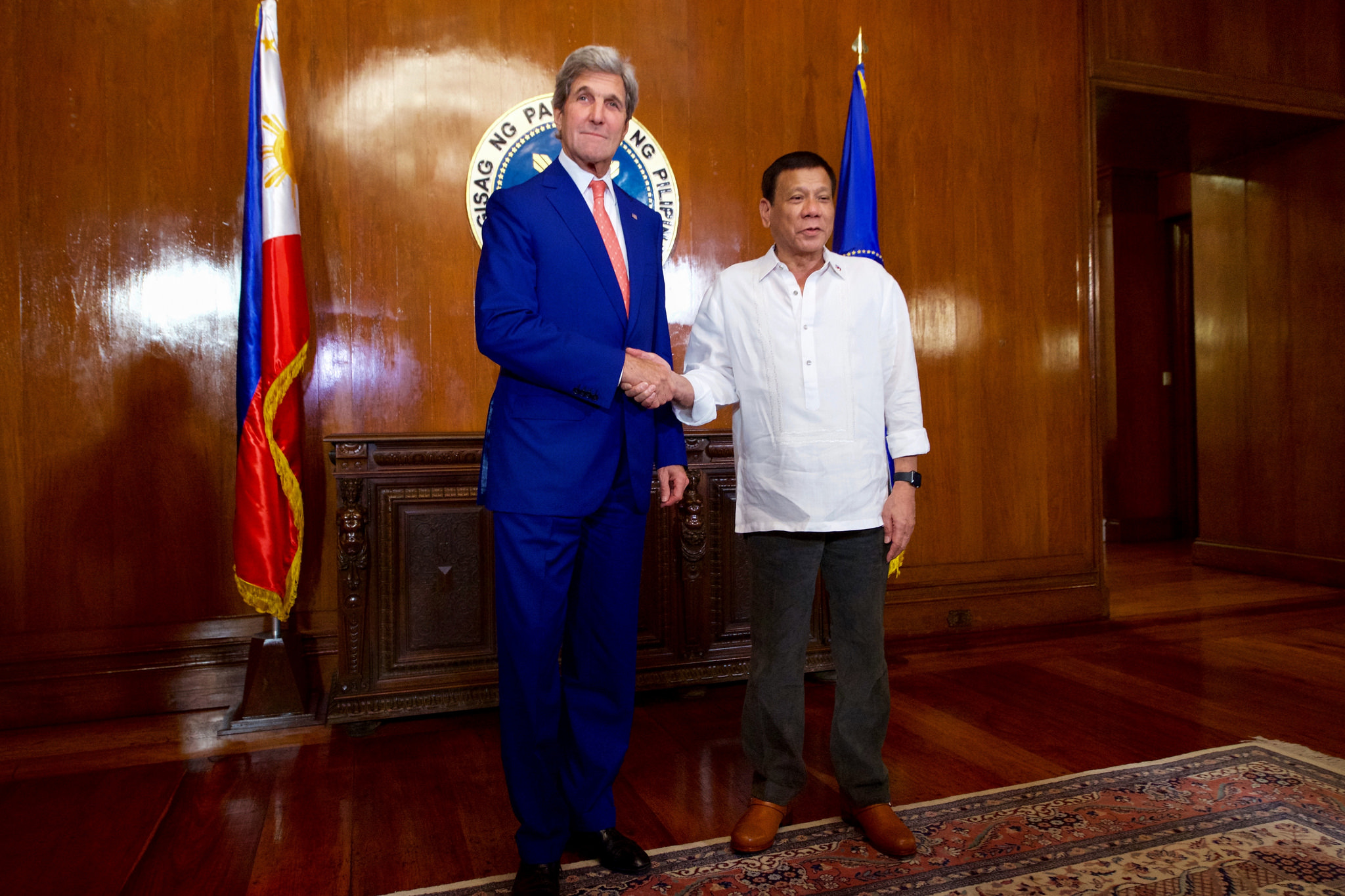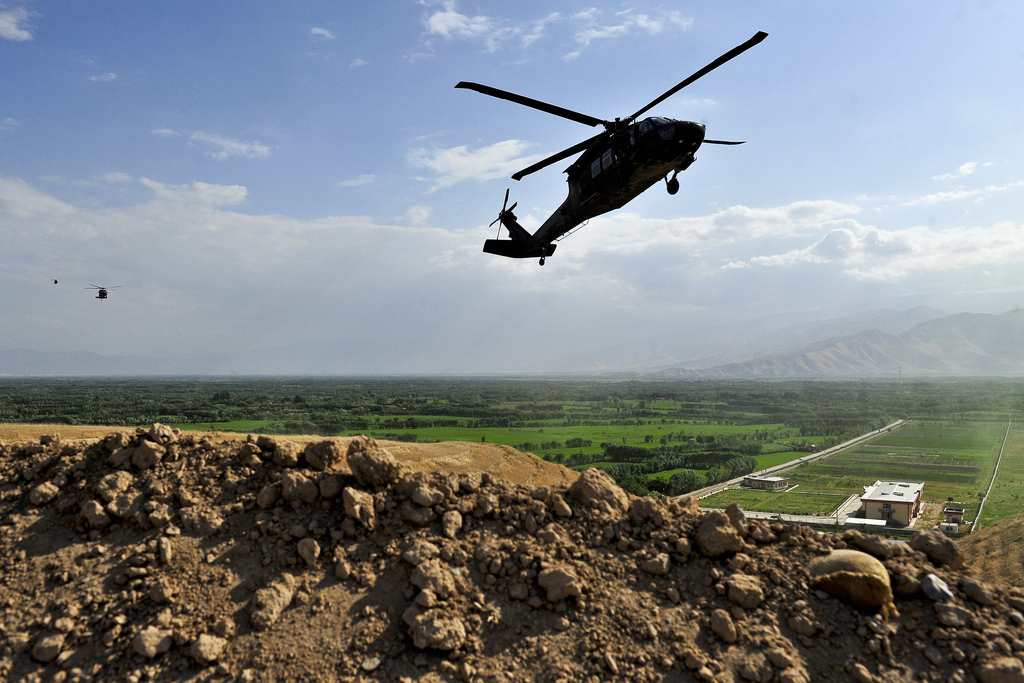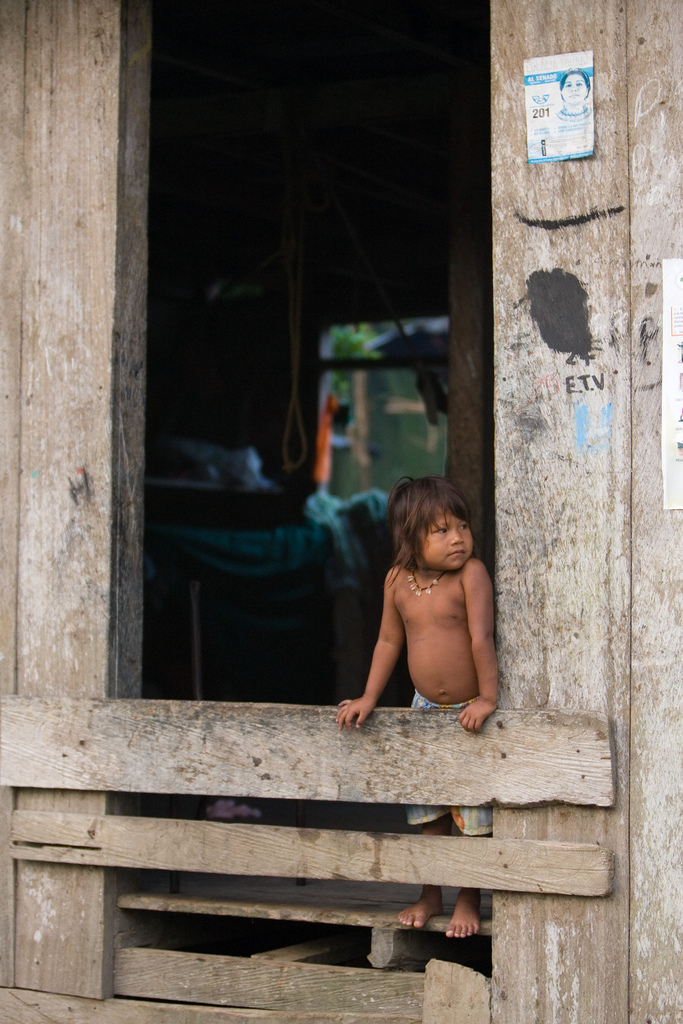I want to thank Barbara and Erica for starting this blog and for inviting me to join it. This is a great group. Collectively, I think we can make a real contribution to the public dialogue on security issues.
The Houla massacre marks some kind of departure from prior practice by the Syrian security forces; it is not a routine event. So, what needs to be explained is: why the change? In a post on June 5, Barbara F. Walter argued that the massacre was a calculated and rational act of the Syrian regime, aimed at intimidating the population. She pointed to the possibility that Houla signals the weakening of the regime relative to the uprising. As the uprising grows stronger, the regime needs to escalate the violence to convince the Syrian people of its strength. Here I want to explore an alternative possibility.
Assad’s moral responsibility for Houla and many other atrocities in Syria is beyond question. But, I have my doubts that the massacre at Houla, specifically, was a calculated move by the regime. Assad wants to intimidate the Syrian population, but he also wants to keep foreign governments off his back. Keeping army and militia violence under some limits gives his international supporters (principally Russia) something to work with, while shocking atrocities like Houla make it much harder to keep the international community at bay. Striking a balance between enough violence and too much violence is extremely difficult, especially when the regime relies on irregular forces that are outside the formal military chain of command and may have local scores to settle.
Moreover, intimidating people can be a tricky proposition. If the violence is too massive and seems too random, it can make people believe that supporting the regime or simply staying at home offers no protection. If intimidation is your goal, it makes sense to use violence somewhat sparingly, so that people feel there is a clear way to avoid it.
Based on these considerations, my guess is that Houla was intentionally targeted, but not for a massacre on the scale of what actually took place. The local commander, or more likely the local militiamen, then took it upon themselves to “finish the job” for reasons that are quite specific to Houla. In this sense, I suspect Houla was a “mistake” from the point of view of the regime, rather than an intentional escalation.
From the point of view of policy, the difference matters. The international community has seen 14 months of bloodshed without intervening. If Houla indicates a persistent escalation of the violence to the level of routine large-scale massacres, it changes the stakes for outside actors and makes intervention more likely.






0 comments
This argument strikes me as not only plausible, but more or less what I expect is the case, given the information we have at present. Assuming, for the sake of argument, that it is on target, it seems to have unpleasant implications for those like my friend, Patrick Ball who pursues evidence to prosecute people like Assad.
Why not view this as a two-level game? Domestically, Assad wants to intimidate; internationally, he wants to keep the international community off his back. Domestically, he wins; internationally, he loses?
Assad may indeed have a moral responsibility for Houla; that’s a subject that can be reasonably debated. However, there no proof whatsoever that he has any actual responsibility. Indeed, there’s no proof that conclusively identifies any one group as responsible for the Houla massacre, and a growing number of people suspect that Assad was not behind it. (See today’s Frankfurter Algemeine Zeitung.)
By “actual responsibility”, I assume you mean ordered and/or orchestrated Houla. If he did, then he certainly bears moral responsibility. If he didn’t, and especially if was carried out by anti-Assad forces, then he probably doesn’t. But it’s hard to know who to believe when you’re choosing between a few anonymous eyewitnesses and a self-serving, murderous tyrant. I’m inclined to be very, very skeptical of Assad, for obvious reasons.
Matt, an interesting implication then: maybe the situation is far more out of control than people realize? Certainly most of the press coverage continues to see the regime and all parts of its repressive apparatus as fairly monolithic. But if Houla was a mistake, then how many other mistakes have there been? How many killings have been initiated by more autonomous groups? And importantly, how long can Assad stay in power without being able to control his different coercive levers?
Based on Kalyvas’ theory of selective violence, I think it makes sense to assume that such a massacre does not qualify as a display of regime strength. If Assad had the means to punish opposition in a less (i.e. control over his security forces, and security forces control over the population), such a massacre would be completely unnessary and counter-productive. As this blog post correctly implies, randomly killing civilians will make people realize that it doesn’t matter whether they join the rebellion or not, because they could always become a victim of massive regime violence. So, either the security forces show a lack of discipline (which itself would indicate a somewhat weak political leadership), or the regime is really, really desperate.
This is only one way of thinking about the violence/collective action nexus. Violence that targets groups of people (villages, towns, clans) can act as a deterrent, but it requires that these group act collectively.